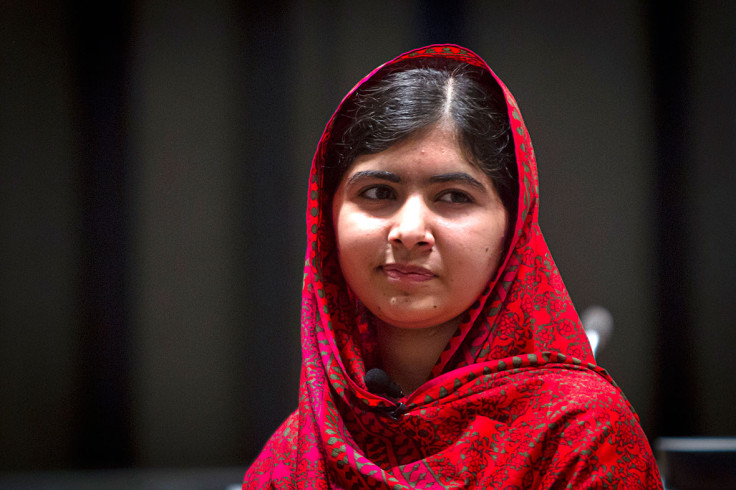Pakistani Schools Hold 'I Am Not Malala' Day Against Nobel Peace Prize Winner

A Pakistani school network has organised an anti-Malala event to protest against the young Nobel laureate's support for controversial British Indian novelist Salman Rushdie.
Malala Yousafzai, 17, was shot in the head by the Taliban in 2012 for speaking out about women's right to an education and went on to become an internationally acclaimed rights campaigner.
In October she became the youngest person ever to win the Nobel Peace Prize but the news met a mixed response in her native country, with critics bashing her as a puppet of the West.
Now, the All Pakistan Private Schools Federation said they have held an "I am not Malala" day to protest against the contents of her biography I Am Malala, which they claim are "anti-Pakistan and anti-Islam".
Last year the group had banned its students from buying and reading the book.
The association's president said they were particular outraged at a chapter where the teenager expresses sympathy to Rushdie, who was targeted by a fatwa - religious edict calling for the author to be killed - over his novel The Satanic Verses.
"We severely condemned the chapter of the book in which Salman Rushdie's book has been mentioned as freedom of expression by Malala," Mirza Kashif Ali, advisor for Education and Sports Affairs, told AFP, adding that it was clear that Malala belonged to the controversial writer's "ideological club".
In 1989, Rushdie was issued a death sentence by the late Iranian leader Ayatollah Ruhollah Khomeini, over the alleged blasphemous content of The Satanic Verses.
Blasphemy is a crime punishable by death in Pakistan.
© Copyright IBTimes 2025. All rights reserved.




















